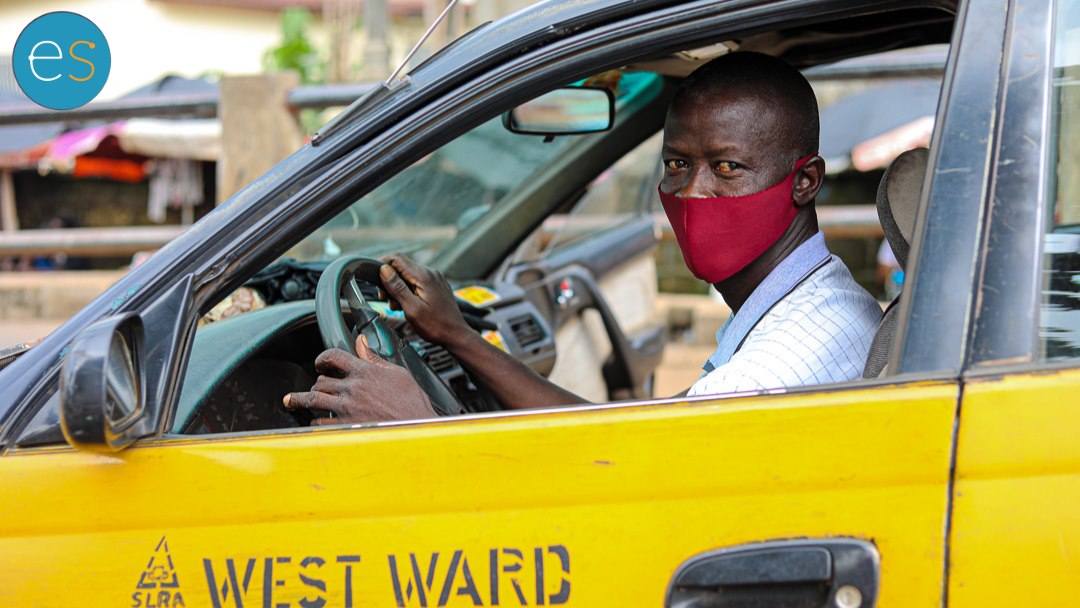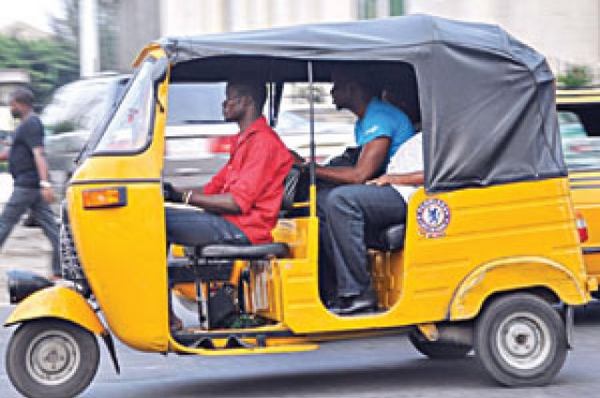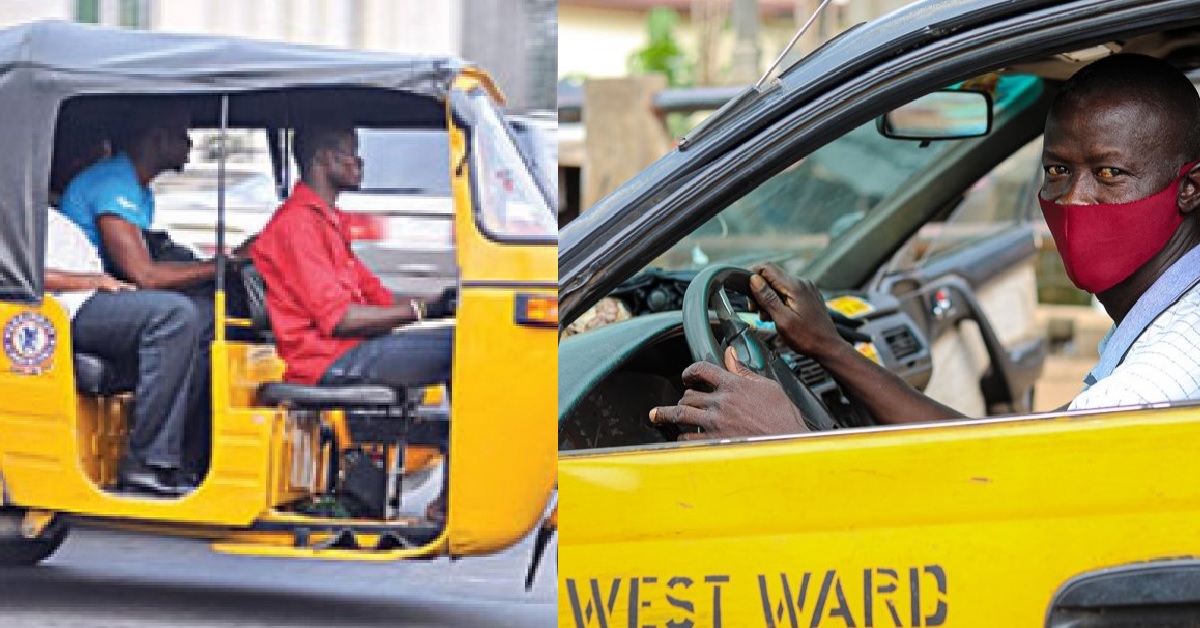Before the arrival of motor bike taxis (Okada) and tricycles (Keke) in Sierra Leone, motor car taxis were the easiest and fastest means of commercial transportation within the city of Freetown. But from 2008 till date, that particular notion is no longer the case.
Okada joined the commercial transportation sector, making it the fastest means of transportation, plying into footpaths and especially bad and unmotorable roads where vehicles dare not venture. As a result, motorbikes got the advantage over taxi cabs, in terms of emergency and access to bad roads.
Notwithstanding the edge motorbikes had over taxis, taxi drivers were getting the larger number of the passengers, as they could take on many more people on a single trip. The middle age and the aged will rather take a taxi than an okada, considering how reckless these okada riders could be.

The unrestricted competition taxi drivers used to enjoy during the 1990s and the early 2000s is no longer the case, as they are now faced stiff competition from their bike riders and the new kid on the block – Keke riders.
Mohamed Suma, a taxi driver with 15 years of experience plying Freetown west told Awoko that business is currently bad for them as drivers. He said Keke’s are slowly making their trade irrelevant in the eyes of the public and making life difficult for them.
Suma said he used to work above Le259,000 per day before now, but that is no longer possible with Kekes all over the streets of Freetown. Everybody prefers to take Keke these days even the aged, which was never the caser with bikes, according to Suma. He said to even get the daily payment for the owner (master money) which is Le80,000 not to talk about fueling the vehicle, while the Kekes are making triple of this amount using less fuel. Issa Bangura was also a taxi driver, but with the dominance of Keke on the streets of Freetown, he has sold his car and gone In for Keke. “I was just wasting fuel, because most of the passengers now prefer Keke than taxi for reasons best known to them”, Bangura said. He pointed out that one can count ten Keke on the streets before you can even see one taxi, which tell you that they (taxi cabs) are gradually fading out.” People are going for Keke, even though taxis are cheaper when compared to Keke. For now, taxi is Le2000 but Kekes are asking for Le3000 upwards.”

Carrying three passengers at the back of the rider with three wheels and no metal doors, Keke has been the new form of investment for many average Sierra Leoneans.
The business started in the East end of Freetown with Sierra Leone Commercial Tricycle Association taking the lead some nine years ago. After the ban on Okada riders from the central business district by the government, its members and riders in particular moved to the west and central parts of Freetown, now plying ever corner in the city.
Amidu Tarawalie, a sociology graduate in 2019 disclosed that since he graduated, he has been driving Keke and even before he graduated, he was into the trade. He furthered that the demand for Keke has led to a price increase from Le13 million when Keke was introduced to the country, to now which is Le33 million. “When I bought my first Keke in 2016, it was for Le15 million but the recent one I bought, it cost Le30million, doubling the price for the first one I bought.”
Tarawalie said the Keke trade is lucrative, if only one has the right and reliable person who can run such a business. “For me I ride for myself so I’m making more money than the usual riders working for people.”
Abu Bakarr Kajue is also another Keke rider, whose Keke was given to him in the form of a loan from his master.
According to him the Keke he is riding is a fairly used one, which his master has given him for Le20 million. “My target is to free this Keke, so that I will be the rightful owner.” He said he does not have a bank account with Rokel or Ecobank and does not have the money they are asking for as startup payment for a brand new Keke on load. They are asking for Le7 million upfront and, the Keke will be given to you for Le34 million as credit. You are expecting to pay between Le350,000 and Le500,000 to the bank at the end of every week.
According to Awoko Newspaper, since the arrival of Keke in Sierra Leone, Kadiatu Kallon says it is her preferable means of transportation. I like Keke because is a very easy and comfortable transportation. I don’t remember when last I used a taxi, but I sometimes use bike”, she concluded.
Women have reportedly favoured using Okadas and are credited with their popularity.


 Post a comment
Post a comment 








